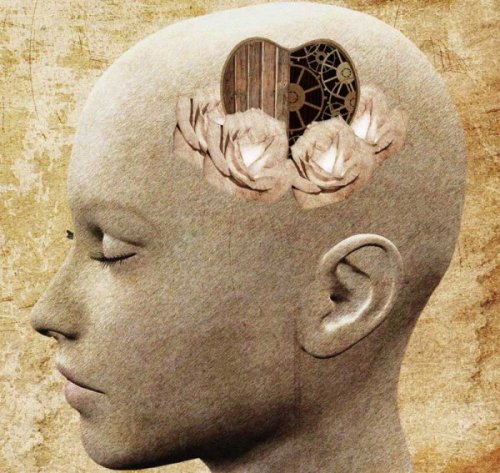The World Needs More Compassion and Less Pity


Written and verified by the psychologist Valeria Sabater
The world needs more compassion. However, most people limit themselves to feeling pity for the poor, for migrants, and for the most marginalized members of society. Pity is a passive emotion and doesn’t require any action. Compassion, on the other hand, is more complex and it’s the only emotion that motivates you to try and mitigate others’ suffering.
These days, the word “compassion” makes people uncomfortable. No one wants other people to feel compassion towards them because if someone shows them compassion, it sort of implies that they aren’t at their same level.
“Pity costs nothing, and it aint worth nothing.”
-Josh Billings-
Compassion is an exceptional tool that helps you achieve several things. It helps you see the world through a more humane, affectionate, and sensible lens. Not only that, but feeling compassion also makes you feel genuinely committed to easing pain and doing whatever you can to right wrongs. Self-compassion is also important. You have to be proactive about your wants and needs.
In short, feeling pity isn’t enough. It isn’t enough to see someone suffering and only put yourself in their shoes for a few seconds. You can’t just forget about the people you see. You need to take action and have to be committed to others and yourself.

More commitment and compassion
People often forget the psychological implication of certain terms. The word “pity,” for example, is very interesting. Some people say that when you experience pity, you feel the most basic kind of empathy. You’re capable of connecting with others’ suffering and understanding their personal situation.
However, feeling pity for someone doesn’t just mean empathizing with them. Usually, you also feel a sense of superiority. There’s evidence of what makes you “better” than the other person, such as your social status, economic status, or even the physical distance of the human species itself when you feel pity for an animal.
On the other hand, compassion comes from the Latin, ‘cum passio’ and you could translate it as “suffering together” or “dealing with emotions together.” As you can see, with compassion there’s an equal relationship between peers. The goal is not just to understand and feel another person’s pain, but also to commit to helping them improve their situation.
Thus, we can conclude that compassion responds to a confluence of three basic components:
- Emotional. You actively connect with others’ suffering when you experience their motivation: the desire for well-being.
- Cognitive. When you experience others’ pain, you evaluate it to try and figure out an action plan.
- Behavioral. The decision to carry out a series of steps to solve another person’s complicated situation.
Empathy and compassion aren’t the same. Although most of us empathize with other people’s emotions, that connection doesn’t always lead to action. Compassion requires an action that stems from emotions but that also seeks a specific goal: to improve another person’s situation.

An instinct worth rediscovering
The world needs more compassion. It needs more people who don’t just think about others’ suffering but help them through it.
However, as we discussed in the beginning, compassion is complex and sometimes uncomfortable. You probably don’t like it when other people are being sympathetic. In fact, most people are even a little reluctant to receive help.
Nevertheless, a group of scientists at the University of California, Berkeley believes that we’re able to recover this “primal instinct.” Compassion could be the natural and automatic coping mechanism that has allowed us to survive as a species.
Other studies show that children as young as two and three display compassionate behavior towards other children. This kind of positive behavior has disappeared over the last few years due to our social condition.

Interestingly, Dr. Dachner Keltner, one of the study researchers, shared a very interesting fact. The famous phrase about the survival of the fittest that’s attributed to Charles Darwin wasn’t actually something he said or wrote. The phrase was actually coined by Herbert Spencer and other social Darwinists who wanted to justify their class and racial superiority.
Charles Darwin emphasized something quite different. In fact, he explained that the more compassionate societies are the more likely ones to evolve. In his words, “Those communities which included the greatest number of the most sympathetic members would flourish best, and rear the greatest number of offspring.”
This text is provided for informational purposes only and does not replace consultation with a professional. If in doubt, consult your specialist.








